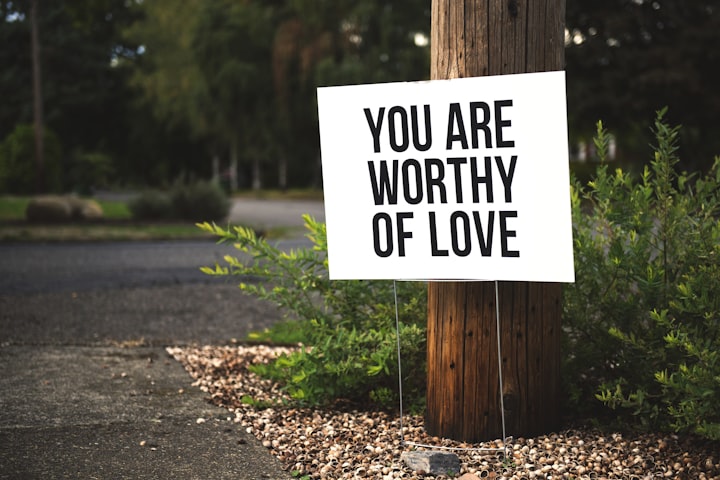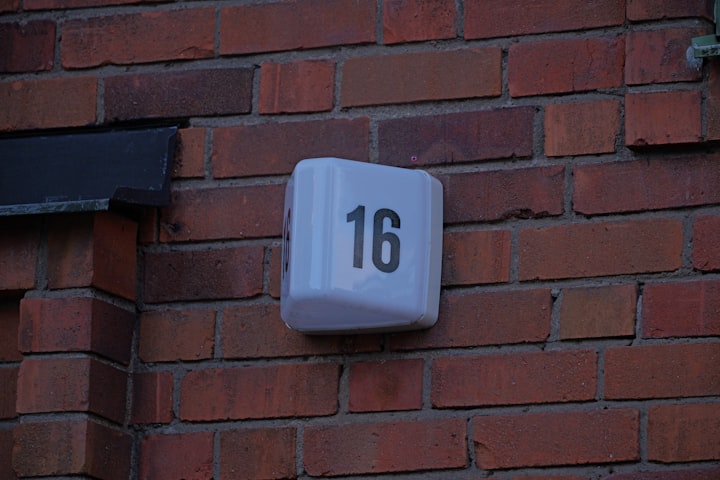
“What the hell are you doing, a******? Did you forget how to drive?”
My blood pressure shot up as a car swerved from the center lane and cut me off to take the exit off the freeway. It was at least the fifth recklessly stupid thing I had witnessed in twenty minutes.
I wondered, has everyone forgotten to drive while we’ve been in lockdown the last eleven months?
I ranted to the long-gone driver for a full two minutes before I flashed on a picture of my grandma and took a deep breath. If my grandma had been driving, she would not have called that guy an a******, instead, she would have simply said, “Bless You My Child”.
It’s an often-touted statistic that 90% of all drivers think they’re above average. I don’t know if that’s actually true or not, but it sounds right.
Psychological scientists Michael M. Roy of Elizabethtown College and Michael J. Liersch of New York University found that if you ask an average driver to rate their skills on a scale of one to ten, the majority of them will give themselves a rating of seven to ten.
Of course, driving skill is subjective, so there is a bit of bias in rating yourself and those same people often acknowledged that other drivers might not agree with those high ratings.
“For a portion of drivers, their ability to text message while driving might be one of the characteristics that they believe makes them a unique and superior driver,” the researchers wrote in the Journal of Applied Social Psychology, “or at the very least that “texting” while driving does not make them a bad driver.”
Personally, I have never heard anyone admit to being a bad driver. It reminds me of one of my favorite quotes from the movie When Harry Met Sally:
“Everybody thinks they have good taste and a sense of humor, but they couldn’t possibly all have good taste.”
One day in yoga class we were talking about compassion and the subject of bad drivers came up. Someone asked,
“Can we extend compassion to everyone around us, even if they’re irritating us? Can we show compassion to that person who just cut us off in traffic?”
As someone who is prone to minor fits of road rage, I struggled with this question. I expect grace from other drivers when I make a mistake, but how often do I show grace and compassion to other drivers?
How do I know if they cut me off on purpose or just made a mistake?
Then I wondered, what if I always just assumed good intention? What if instead of judging people’s driving skills or thinking that they are jerks, I assumed that they made a mistake?
It’s a little sad how often we assume bad intent of our fellow humans. I cut someone off last week, totally by accident and as they passed, I waved an apology. They waved back at me, but it wasn’t a “no problem, I know it was a mistake” hand sign. It was a tad bit more aggressive, involving only one finger.
When bad drivers came up in yoga class, I remember one woman said when she is cut off in traffic, instead of cussing them out she tells herself it’s a person in labor and they have to get to the hospital before the baby is born. Or they are the doctor going to deliver a baby.
This reminded me of my grandma.
She was, I can tell you without no qualifications, one of the greatest human beings to ever live on this earth. I was named after her, and we were very close.
My grandma learned to drive late in life when she was in her late forties, and even twenty years later she was a very careful driver.
When my grandma was driving and someone did something annoying like cut her off or tailgate her, she would say, “God bless you, my child!”
Depending on the infraction, the tone of the “bless you” would sometimes sound like “damn you” despite her kind words. But generally, her words sounded very kind.
On one such occasion when someone did something stupid, I asked my grandma why she said “bless you” instead of cussing them out like I felt they deserved. I had recently started driving at the time and I was full of righteous indignation about bad drivers.
Grandma told me that if someone was driving that way, it was either an emergency or they were terrible drivers. Either way, they needed God’s protection.
This is just one reason why my grandma was awesome — she had an unlimited well of compassion, even for bad drivers. She almost always avoided losing her temper. It wasn’t until years later that I appreciated her wisdom.
When you think about it, what’s the point of getting upset?
You can’t undo the traffic infraction. You’re OK, right? You didn’t crash or suffer any injuries because of the bad driver. You might have been a bit shaken up or you might have missed a light, but that’s a minor inconvenience.
You can get angry and let it ruin your day, or you can assume good intention, show some compassion and move on with your day. You can let that bad driver have power over you, or you can be in control of your own emotions. So why not show some patience and compassion?
Showing compassion helps you and it helps others.
Showing compassion lowers blood pressure, decreases stress, increases our connection with others and most importantly, it’s often contagious. Maybe that person you showed compassion towards will pay it forward and be more patient when someone irritates THEM in traffic.
When I remembered this, I took a deep breath and sent out some good vibes to the idiot who cut me off on the freeway. “God bless you, my child,” I muttered. “You really need it.”
Next time someone cuts you off, I invite you to do the same. Trust me, you’ll feel much better.
An earlier version of this article appeared on Medium.
About the Creator
Rose Bak
Rose Bak is a writer, author & yoga teacher who writes on a diverse range of topics. She is also a published author of romantic fiction. Visit Rose's website at rosebakenterprises.com or follow her on social media @AuthorRoseBak.






Comments
There are no comments for this story
Be the first to respond and start the conversation.